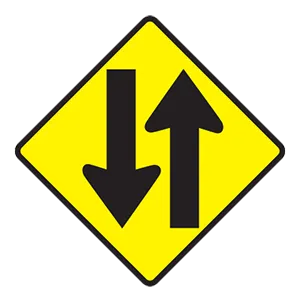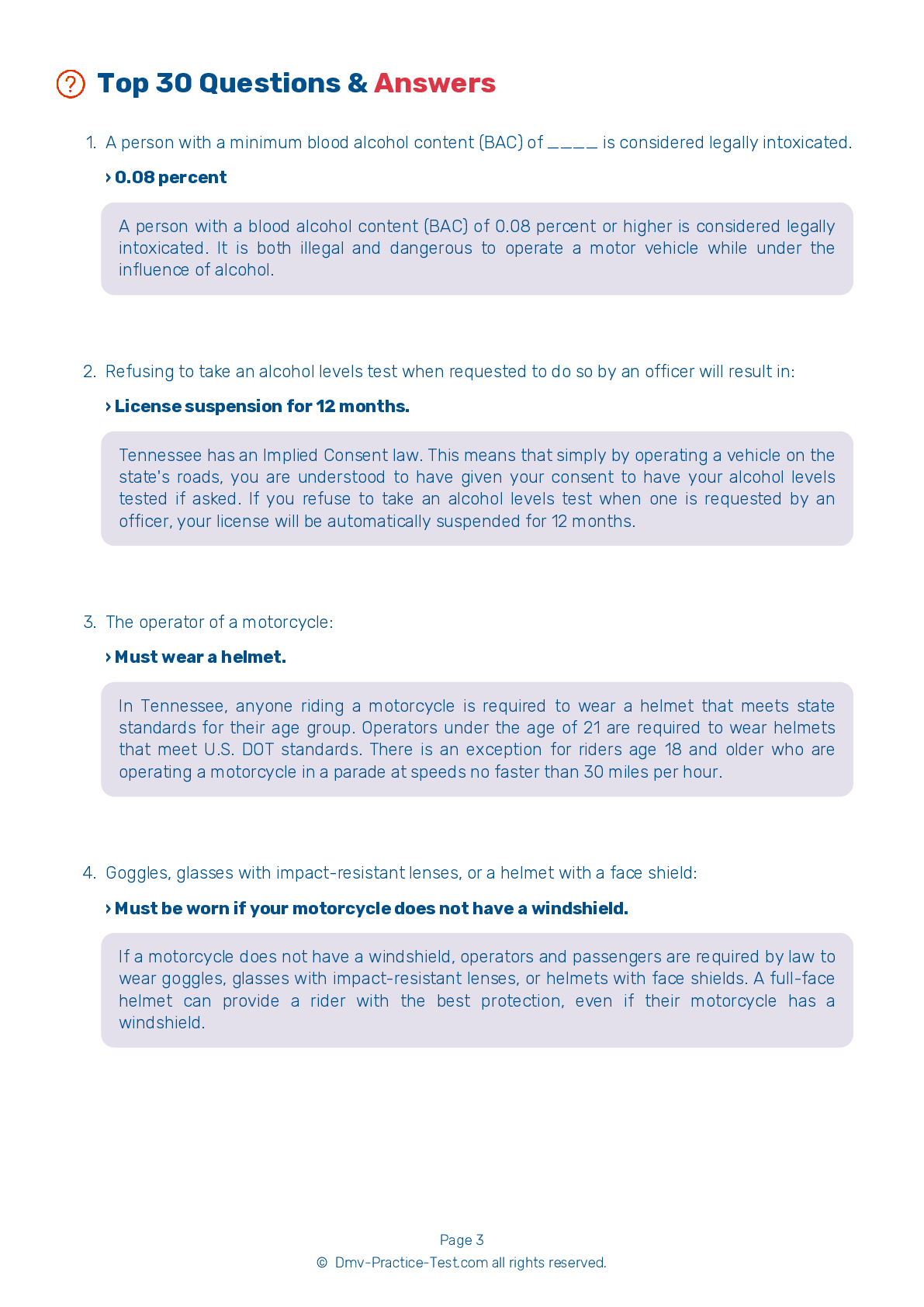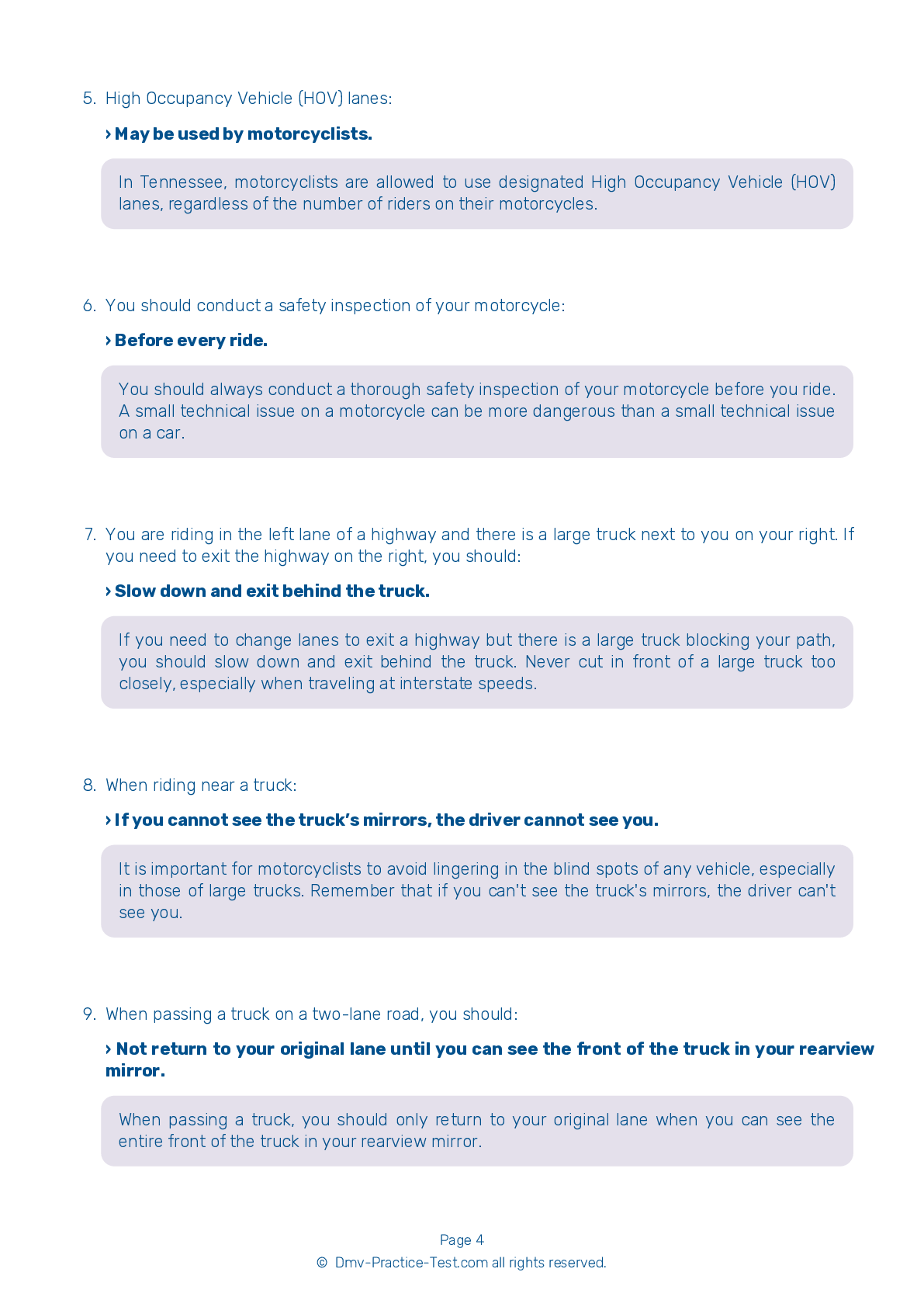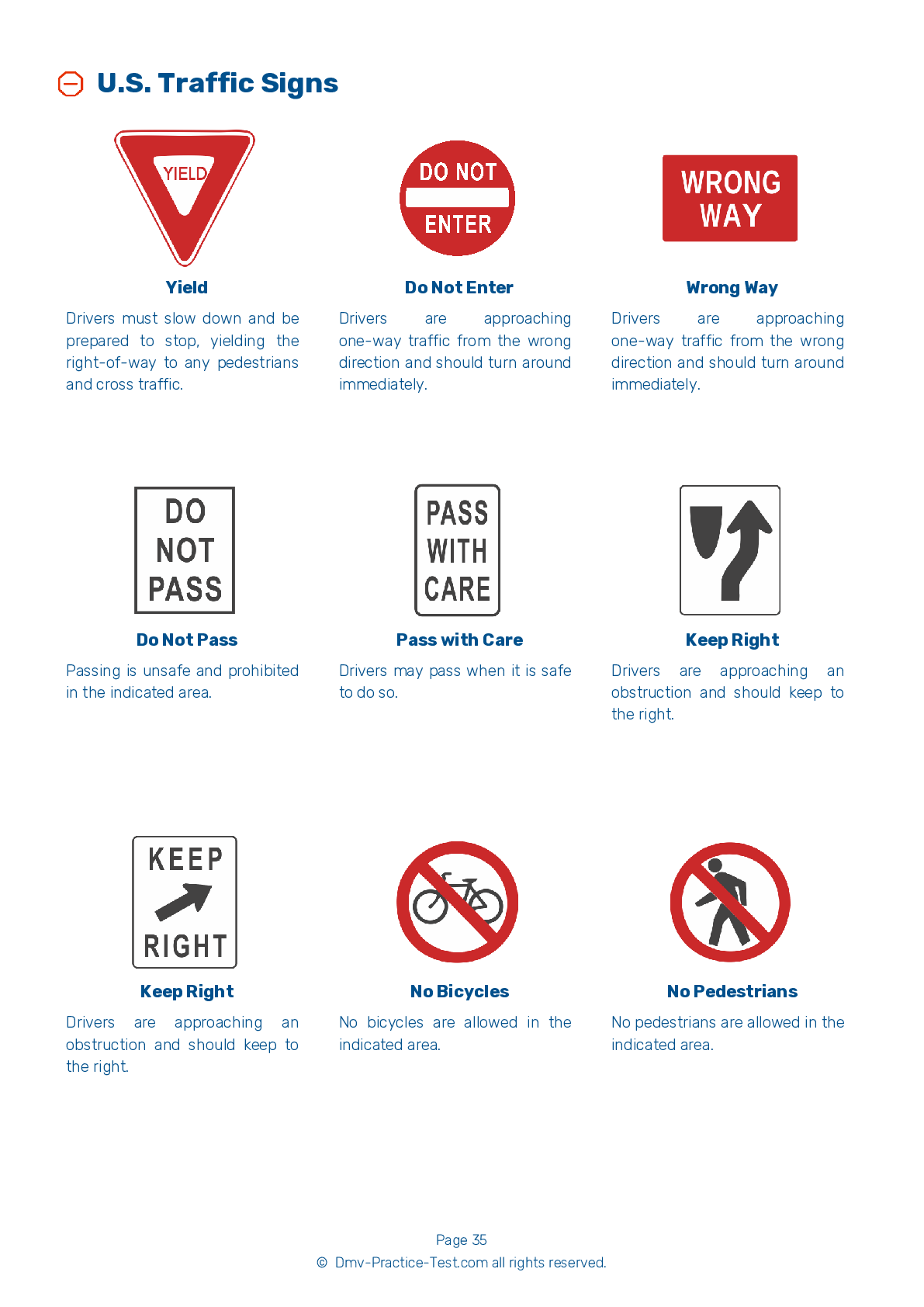Motorcycle Test | License TN 2026 | FREE Online Practice! #5 Page 2 of 4
Take this FREE motorcycle test (license in TN 2026) to check your knowledge of the road rules. To improve your results, download a motorcycle handbook online, study theory, and practice for free on our website. Still worried about how to get a motorcycle license in Tennessee in 2026? Check our website for more sample tests, train as much as possible, and boost your grades!
8 . In general, when riding at night, your headlight should:
Using your high beam headlight will help you see and will help other drivers see you. Use your high beam headlight any time you are not riding behind or approaching other vehicles.
10 . Long-term exposure to wind noise:
Long-term exposure to wind noise can cause permanent damage to your hearing. Using ear protection when you ride should protect you from the dangers of wind noise while still allowing you to hear important sounds, like sirens or car horns.
11 . When riding, you should wear:
Wear brightly-colored clothing to maximize your visibility when riding, even during the daytime. Clothing made with reflective materials can also be helpful.
12 . When sitting on a motorcycle, your arms should:
Your arms should be slightly bent when you are holding the handle grips of a motorcycle. Bending your arms reduces arm fatigue and permits you to press on the handlebars without having to stretch.
13 . When downshifting, the first thing you should do is:
When downshifting, you should first roll off the throttle as you squeeze the clutch lever. Next, press the shift lever down firmly. Ease out the clutch lever and roll on the throttle as you complete the gear shift.
14 . A passenger on a motorcycle should:
A passenger on a motorcycle should sit as far forward as possible without crowding the operator. The passenger should keep both feet on the footrests at all times, even when stopped.
See the exact questions that will be on the 2026 Tennessee DMV exam.
99.2% of people who use the cheat sheet pass the FIRST TIME
Jeneen was tired of paying $5/gallon. She got herself a scooter that required the motorcycle license. She studyed the motorcycle test cheat sheet and passed her test the next day!
Christopher tells us how he knew nothing prior to obtaining the motorcycle study guide, and he only got one question wrong because he clicked on the wrong answer by mistake.




